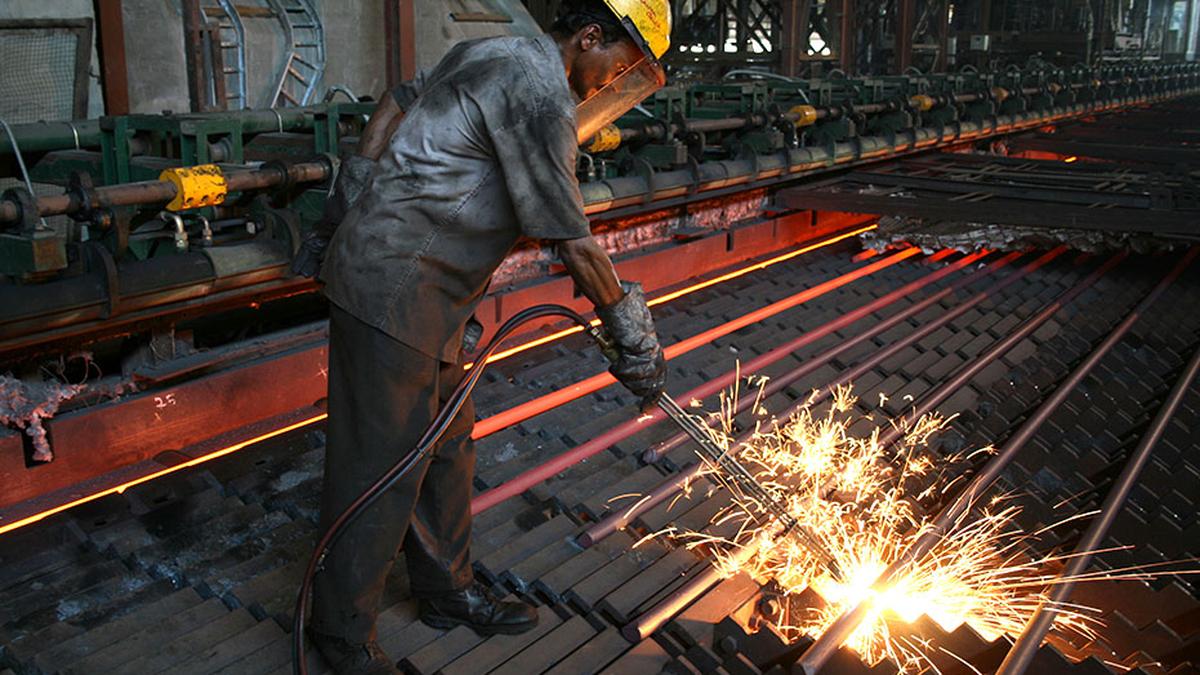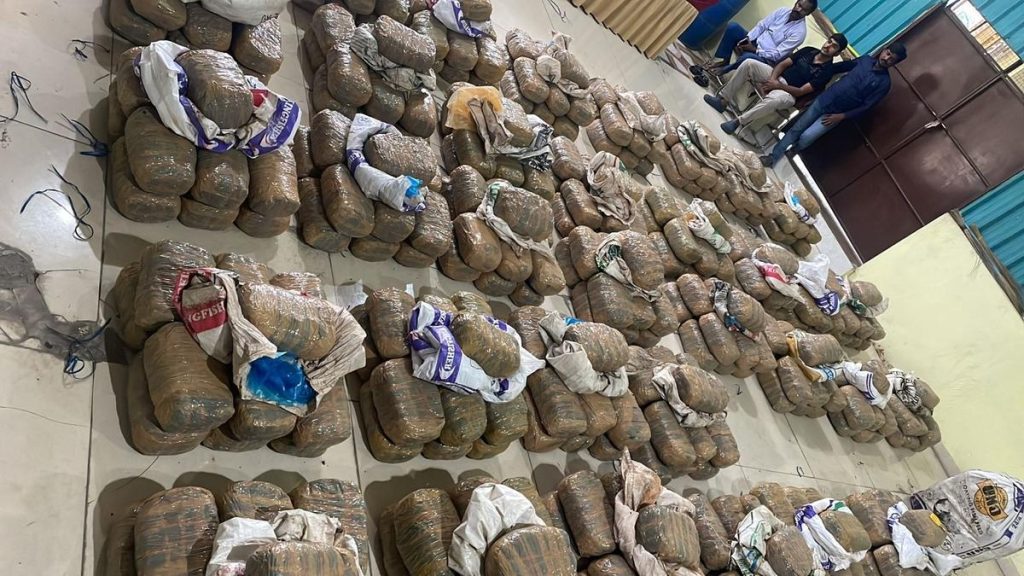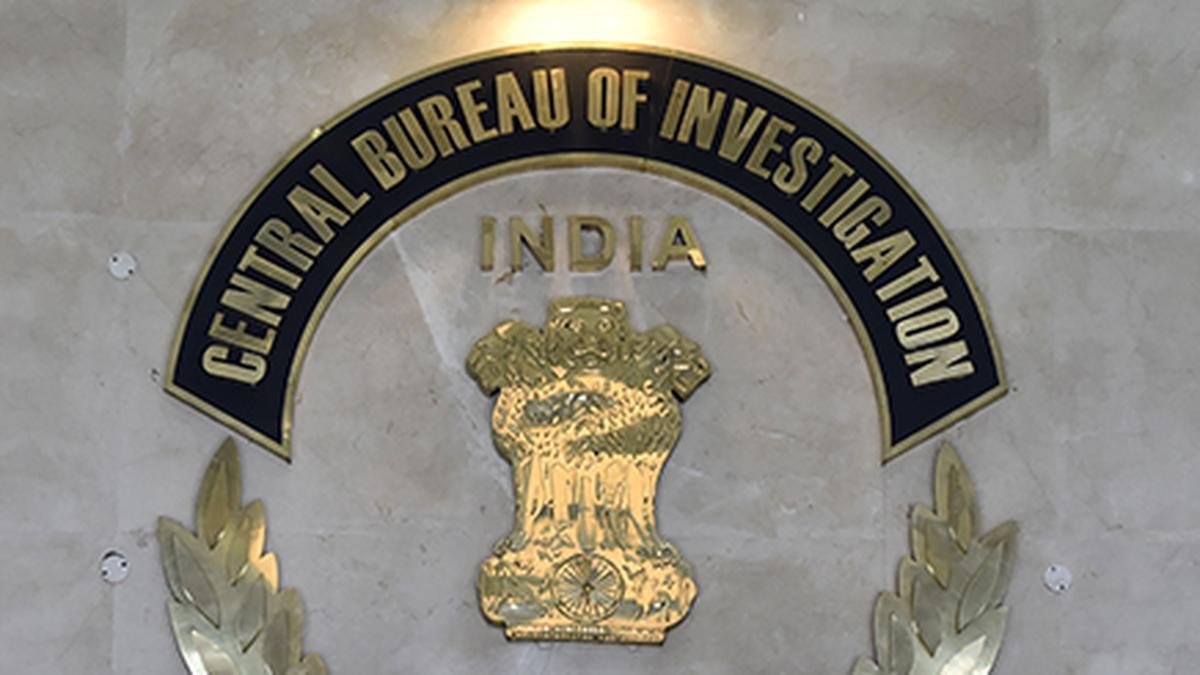Now Reading: Govt Announces Incentive Package for Kadapa Steel Plant
-
01
Govt Announces Incentive Package for Kadapa Steel Plant
Govt Announces Incentive Package for Kadapa Steel Plant

speedy Summary:
- Andhra Pradesh State government announced incentives for JSW A.P. Steel Limited to establish a 2-MMTPA Integrated Steel Plant (ISP) at Sunnapurallapalle village in Kadapa district, named JSW-Rayalaseema Steel Plant.
- The ISP will be built in two phases wiht an investment of ₹16,350 crore: ₹4,500 crore for Phase-I adn ₹11,850 crore for Phase-II. Construction begins January 2026; commercial production starts April 2029.
- Government allotted 1,100 acres for the plant at ₹5 lakh per acre and 200 acres for a township under Outright Sale Basis terms.
- Tailor-made incentives include exemption from the Ineligible Industries list contingent on meeting Fixed Capital Investment (FCI) targets by December 2028: up to 50% capital support, electricity duty subsidy of ₹1,092 crore over ten years, decarbonization subsidy up to ₹149.20 crore linked to FCI investment of ₹3,730 crore. Phase-II investments get similar benefits if timelines are met.
- Infrastructure support includes power transmission lines (400KV), water supply pipeline from Gandikota reservoir ensuring annual availability (2 TMC ft), road access upgrades to NH-67 (12 km four-lane road), railway line extension (12 km), and pumping infrastructure from Mylavaram dam.
Indian Opinion analysis:
The establishment of JSW-Rayalaseema Steel Plant represents a meaningful boost to industrial development in Kadapa district and could catalyze economic growth locally and regionally through job creation and ancillary industries tied to steel production. The phased approach ensures manageable financial outlay by both the government and JSW Steel while maintaining commitments on infrastructure development crucial for operational success.
By allotting incentives tied specifically to Fixed Capital Investment milestones alongside considerable subsidies like electricity duty reduction or decarbonization assistance-conditions aligned with environmental sustainability-the government aims to balance economic ambitions with ecological concerns substantively.
However, timely implementation is key as delays could derail projected benefits while posing challenges stemming from large-scale resource allocation demands like land acquisition or secure water/power supplies critical toward seamless operations post-launch-an area deserving close monitoring given India’s broader infrastructural bottlenecks vis-a-vis industry-linked goals.
Read more: The Hindu























